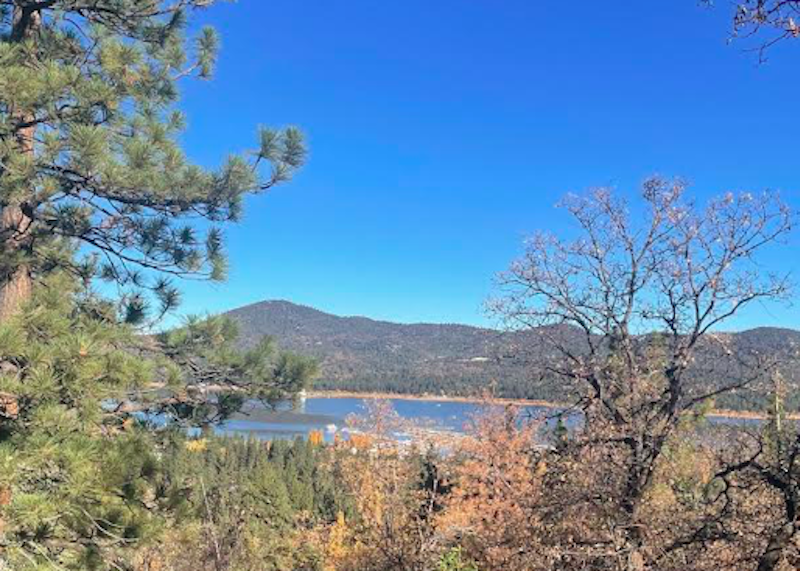Mindfulness is a seductive word. Powerful yet vague. The next logical step in a self-help society. Appealing to the ego. As if people needed even more permission to focus on themselves, their feelings and wants. Despite my misgivings about the word and the sometimes-half-baked concept, there’s a real need to cope with life.
The stress keeps ratcheting up. It’s much worse for those in cities who are inundated with constant stimuli. Having left one behind, I sleep better than when I was a child. But that doesn’t mean I get through the day with ease.
Even now my mind is thinking about the TV scripts my clients bought that will go into production soon. The Rittenhouse trial. How corporate journalists have replaced reporting facts with sowing division. Hoping the 900,000 kids in this country who’ve received their first vaccine jab won’t show the side effects that caused many countries in Europe to decide not to give them to children. The skyrocketing price of everything. How thankful I am my wife and daughter hate turkey.
Remember mindless entertainment? Turn on the TV or see a movie and forget all your troubles for a few hours. But now, it’s hard to find anything that isn’t negative, polarizing or infused with a politically-charged toxin from a lecturing schoolmarm. As a creative director in advertising, I spend 10-12 hours a day online. There’s only one real time when my mind isn’t full, where I can achieve mindlessness. And that’s when I’m hiking.
I turned into a hiker when I was in my 20s. It’s a great way to stay fit. It’s almost always free. There’s no such thing as a hike with a bad view. When I moved to the mountains, this pastime kicked into high gear, even if the only new gear I bought was a good pair of hiking boots. And while scenery and fitness are great reasons to take up hiking, the biggest benefit for me has been mindlessness.
On weekdays before work, my wife and I hike around a nearby lake. The scenery changes with the seasons. Right now, the fog is rolling down the hills, sweeping over the lake, as if some giant exhaled thick cigar smoke over our neighborhood. Blue jays chatter. Cormorants compete with fisherman for trout. Inevitably, we start by talking about current events and “What’s going on in Coronavirusland.” A quarter-mile later we run out of words, and walk in silence, freed from it all.
On weekends there’s more time to explore, so we hike in the neighboring town a half-hour’s drive and 3000 more feet above sea level. We snake along a winding road until we reach a resort town, passing souvenir shops, ski and snowboard rental places and burger joints until we reach the elementary school with the bookmobile out front. From there, we make a left, find a place close to the trails to park and get moving.
The steep incline at the beginning takes a toll. Heavy breathing. Profuse sweating. My wife complains for 10 minutes straight. Then we go mindless, and our skulls empty out.
The constant brain buzz disappears. Thoughts vanish. It happens so quickly we’re not even aware of it at first. Then nothingness takes over.
An empty mind works on muscle memory. We hear and smell more clearly. Our bodies are agile and react with reflexes. We drink more water. We shed layers when it becomes hotter. After 90 minutes, we pick a vantage point to pause, taking in the yellow and orange trees that blanket the mountains on the horizon and the lake with still waters. We’re 7800 feet above sea level. A half-mile below us A-frame rooftops peek through the trees. The only sounds come from our footsteps, wind rustling through evergreens and the occasional chipmunk scurrying past.
I’m out of water and could eat my weight in breakfast—a sign it’s time to head back. But part of me always wants to keep hiking. Not just because I’d be leaving an uncivilized civilization behind, but because there’s nothing better than walking towards an unknown, a chance at oblivion, with a completely empty mind. The truest freedom is when you are hiking and freed from all thought.

